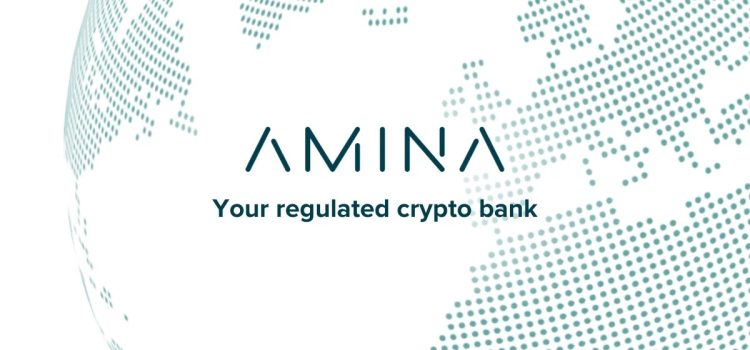Emirates NBD, in MENAT (Middle East, North Africa, and Türkiye) region, has partnered with Partior, a decentralized, programmable, and always-on platform making the global movement of liquidity more seamless, secure, and scalable, to explore participation in their blockchain platform for clearing and settlement, a collaboration that will offer Emirates NBD’s clients 24×7 availability, and faster, more seamless payment flows.
Emirates NBD will join the Partior network, becoming the first regional and UAE Dirham, Saudi Riyal and Indian Rupee settlement bank on the platform. In addition, Emirates NBD is looking to serve as a participating bank for major foreign currencies, in a move that bolsters its client offerings to provide real-time payments.
Launched in 2021, Partior is backed by DBS Bank, J.P. Morgan, Standard Chartered, Temasek, and Peak XV. The platform has pioneered the development of a blockchain-based unified ledger for payments, enabling real-time clearing and settlement for instant liquidity and transparency, and overcoming challenges commonly associated with sequential processing in legacy payment systems.
Emirates NBD is also evaluating an equity investment in Partior, a move that would represent a strategic alignment within the financial ecosystem aimed at redefining the future of global value exchange. By integrating with Partior’s blockchain-based unified ledger platform, the bank will enhance transparency, efficiency, and security in global payments and settlement processes.
Ahmed Al Qassim, Group Head of Wholesale Banking at Emirates NBD, commented, “Our partnership with Partior is a critical element of our broader strategy to embrace new technologies in an ever-evolving digital landscape. Our commitment to innovation is driven by the need to ensure we provide our clients with the most advanced financial solutions. By leveraging Partior’s transformative blockchain technology, we are not only future-proofing our operations but also creating a seamless payment infrastructure that supports the rapidly evolving business needs of our clients.”
Neeraj Makin, Group Head of Strategy – Analytics and Venture Capital at Emirates NBD, said, “The investment from Emirates NBD’s Innovation Fund represents an important moment in Partior’s journey as a leader in next-generation payments infrastructure. It underscores our belief in blockchain’s transformative potential for financial services, particularly in cross-border transactions. What is truly exciting about this investment is the opportunity it creates for cross-market collaboration and the development of a seamless cross-currency payments ecosystem. This will enhance transparency and reduce friction for businesses and clients alike.”
Humphrey Valenbreder, Chief Executive Officer at Partior, added, “This collaboration positions Emirates NBD as Partior’s gateway to the vibrant MENAT region, aligning with our strategic roadmap to expand in the Middle East. By integrating our blockchain capabilities with Emirates NBD’s trusted network, we are not only strengthening our operational capabilities but also reinforcing our shared commitment of elevating the efficiency and security of cross-border transactions to drive economic growth and innovation across the region.”
Prior to this, Ctrl Alt, a leading financial engineering and tokenization platform that utilizes blockchain technology, with offices in the UK and Ireland, has set up its office in Dubai UAE in DMCC ( Dubai Multi Commodities Center), after partnering with Emirates NBD. It intends to serve Dubai initially as it plans expansion into MENA region.
Additionally Chainalysis the blockchain data platform, joined Emirates NBD, digital asset Lab. Chainalysis, the blockchain data platform, will join professional services firm PwC, digital asset transfer and direct custody technology platform Fireblocks, and R3, an enterprise Distributed ledger technology platform, as founding council members of the Lab.


















